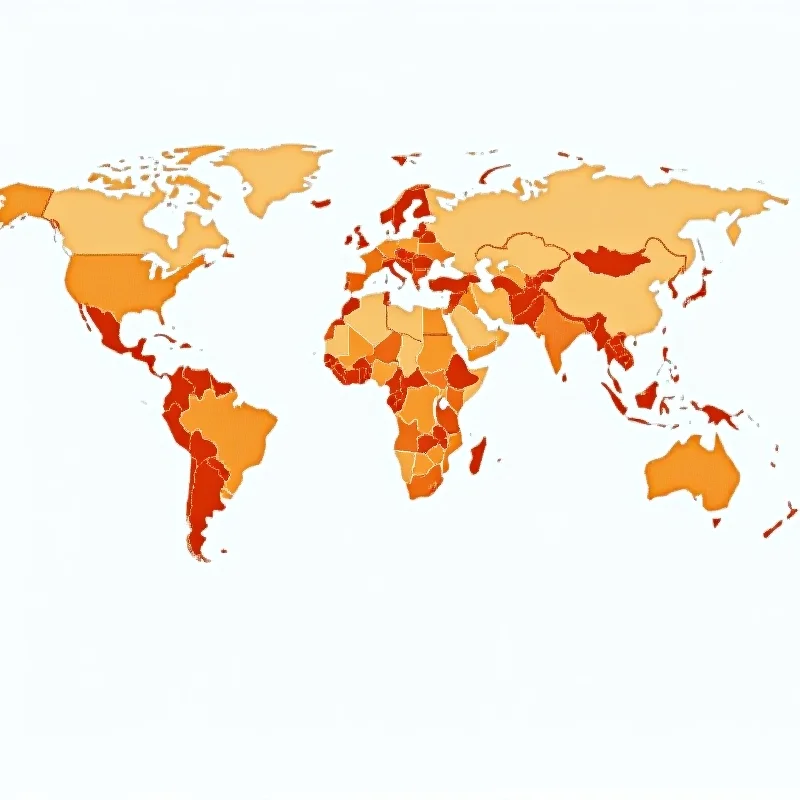This week brings a mix of updates and reminders regarding significant health concerns. From revisiting the early days of the AIDS epidemic to navigating current vaccine recommendations and addressing the re-emergence of measles, staying informed is crucial for public health.
Remembering the AIDS Epidemic
The AIDS epidemic, a defining health crisis of the late 20th century, continues to resonate today. The first official report of what became known as AIDS appeared in the Morbidity and Mortality Weekly Report on June 5, 1981, published by the U.S. Centers for Disease Control and Prevention. Initially affecting a small group of young, gay men, the disease quickly spread, causing widespread panic and devastation.

Within thirteen years, AIDS became the leading cause of death among Americans aged 25 to 44, surpassing other major causes like cancer, heart disease, suicide, and homicide. The epidemic's global peak wasn't reached until 2004, with over two million deaths recorded that year. The legacy of AIDS serves as a stark reminder of the importance of public health initiatives, research, and compassion.
FDA Updates Booster Recommendations
In more recent news, the U.S. Food and Drug Administration (FDA) has amended its emergency use authorizations for the Pfizer and Moderna bivalent vaccines. This update allows individuals aged 65 and older, as well as those with weakened immune systems, to receive additional booster doses ahead of the fall vaccination campaigns. This decision reflects ongoing efforts to protect vulnerable populations from severe illness.
“Staying up-to-date with vaccinations is a critical step in safeguarding your health, especially as we approach the fall and winter months,” says a spokesperson for the FDA. The availability of these additional boosters aims to provide enhanced protection against evolving variants.

Measles Concerns on the Rise
Another pressing health concern is the recent increase in measles cases. This week, the U.S. reported its first measles-related death since 2015, raising alarm and prompting a closer look at the global measles situation. Measles is a highly contagious disease that can lead to serious complications, particularly in young children and individuals with compromised immune systems.
The recent death in the U.S. underscores the importance of vaccination against measles. Public health officials are urging parents to ensure their children are fully vaccinated and to be aware of the symptoms of measles, which include fever, rash, cough, and runny nose.

The re-emergence of measles serves as a reminder of the ongoing challenges in maintaining public health and the vital role of vaccination in preventing the spread of infectious diseases. Staying informed and taking proactive steps to protect ourselves and our communities is essential.
